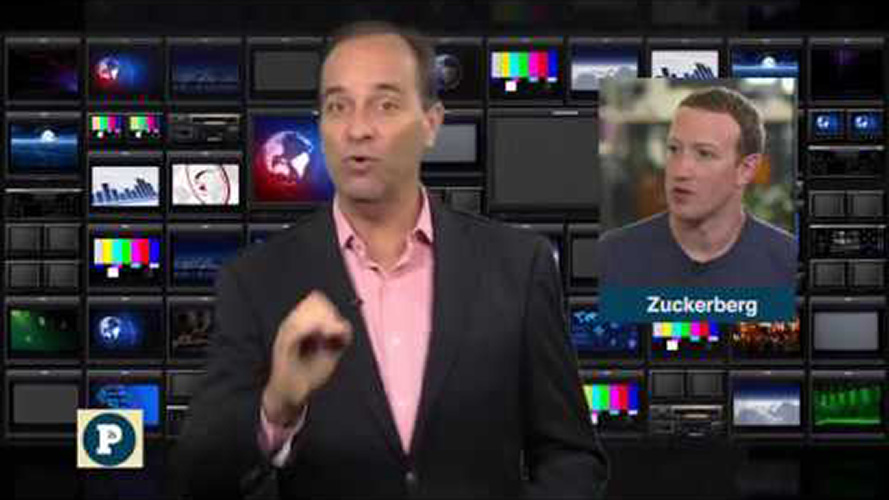Zuckerberg’s Good Non Answers in Cambridge Analytica Interview
Facebook CEO Mark Zuckerberg went on CNN to respond to the company’s Cambridge Analytica scandal. As media trainer Russ Rhea explains in this two part analysis, the Facebook founder responded well to some tricky questions where a direct answer would have been a “no win.” Zuckerberg faced some common question types identified in the Predictive Media Network’s research of media interviews.
Facebook CEO Mark Zuckerberg says he isn’t comfortable doing TV interviews. However, he proved to be affective when responding to tough questions on CNN about the company’s recent user-data controversy.
Hello, I’m Russ Rhea with the Predictive Media Network.
As part of our research on media interview question types, we’ve identified some of the most common reporter tactics to elicit conflict for their stories
Check out this exchange…
CNN’s Laurie Segall asks:
People are wondering, can they trust Facebook?
Mark Zuckerberg:
Yeah. One of the most important things we can do here is make sure we tell everyone whose data is affected by one of these rogue apps. And we’re going to do that by build a tool to so anyone can see if their data was a part of this.
Russ Rhea:
That’s what we call a “Proxy” question. It’s very common for reporters to generally state their assumed opinion of several people and put a spokesperson on the spot in a defensive position. It’s the common “many people are saying this…what would you tell them?” approach to asking a question.
That’s a “yes” or “no” question. But that’s dangerous in a media interview. Of course Zuckerberg wasn’t going to say “NO,” they can’t trust us. But a “Yes” they can trust us, would have been tricky as well, possibly prompting a follow-up question like “How can they trust you when Cambridge Analytica took the data of 50-million users without their consent?”
Instead, Zuckerberg went right back to the strategy he established at the beginning of the interview…talking about the things Facebook is doing to prevent companies like Cambridge Analytica from misusing data in the future and what they’re doing to re-gain trust.
That’s a smart strategy that can apply to many crisis communication situations by focusing your messages on what you’re doing to make it right.
While Zuckerberg didn’t provide a direct “yes or no” answer to the “can people trust Facebook?” question, he essentially answered by explaining the proactive things they were doing to prevent a similar controversy in the future.
It’s a good idea to expect a “proxy” question going into an interview and being ready to respond with a powerful message and not falling for the “yes or no” trap.
We have another video available that focuses on how Zuckerberg set the tone for this interview. Thanks for watching.

